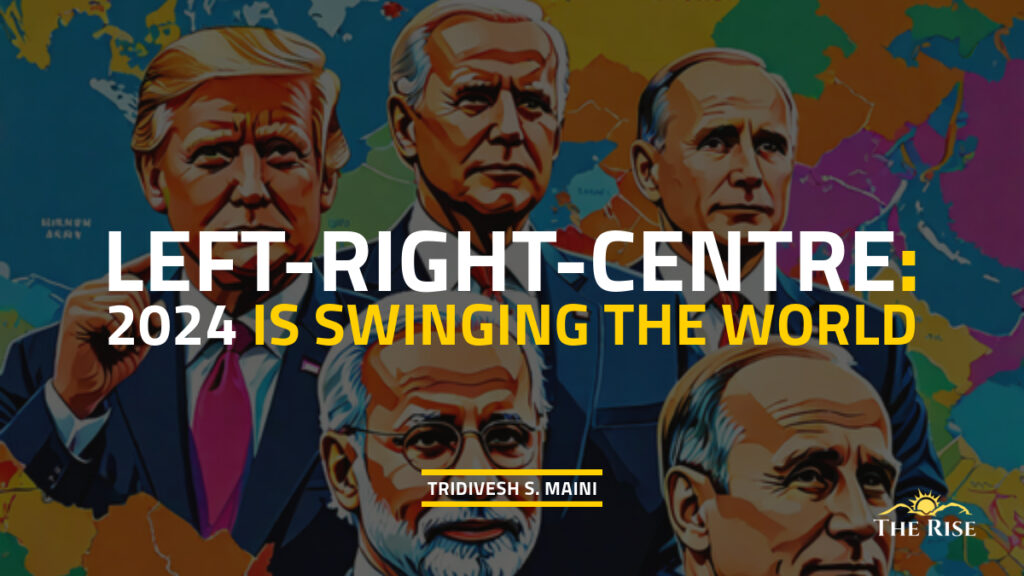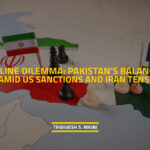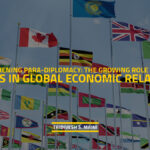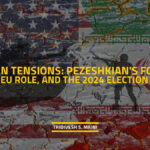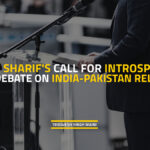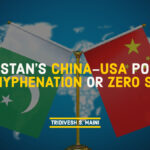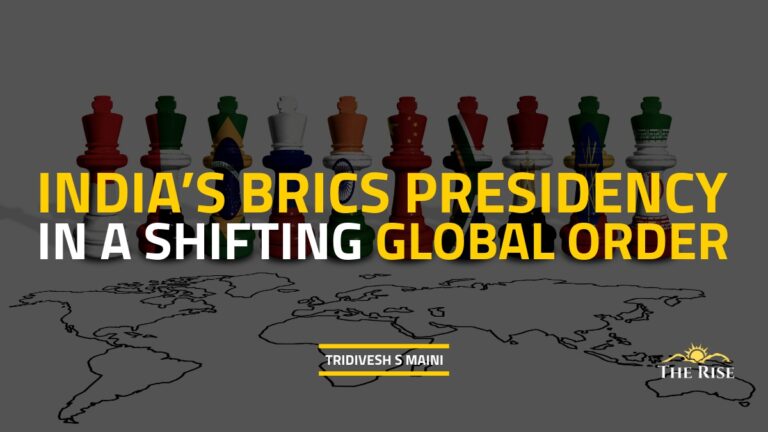The past decade has witnessed the rise of ‘populist leaders’ – predominantly from the right – globally. Such leaders have capitalised on an ‘anti-globalisation’, anti-immigration sentiment’ amongst the working classes and an overall sense of disenchantment. While the anti-immigration, anti-globalisation rhetoric may seem obsolete for some, it is centrists like Keir Starmer in the UK, Biden in the US (2020) and Immanuel Macron in France, who are able to counter right-wing populists. If one were to go by some of the election results, sheer populism and divisive rhetoric by themselves are not sufficient for winning elections.
The past decade has witnessed the rise of ‘populist leaders’ – predominantly from the right – globally. Donald Trump, the Republican Presidential candidate for the 2024 election and former US President (2016-2020) and Hungarian Prime Minister, Victor Orban (2010 to till date) are two examples, though the list is far larger. Several others may not have been successful at the hustings, but their popularity has certainly risen.
The rise of populist leaders has been attributed to several factors. Such leaders have capitalised on an ‘anti-globalisation’, anti-immigration sentiment’ amongst the working classes and an overall sense of disenchantment. In the aftermath of the UK election results, where Labour has won with an overwhelming majority after 14 years as well as the French election results which have thrown up a confused verdict, with a Left political outfit (New Popular Front – NPF) emerging as the single largest party– though the right-leaning National Rally, led by Marine Le Pen has improved its performance considerably — commentators and analysts are beginning to raise the question whether the cycle of right-wing domination is now in retreat?
Labour has won with an overwhelming majority in the UK. French election results which have thrown up a confused verdict, with a Left political outfit emerging as the single largest party. Even in Iran a pro-reform leader has won the presidential election. In India, the BJP could not secure a majority on its own and needs to deal with a far stronger opposition.
It is not just Europe, even in Iran a pro-reform leader, Masoud Pezeshkian, has won the presidential election. In India, the BJP-led NDA alliance did manage to win a third term, but the BJP could not secure a majority on its own and needs to deal with a far stronger opposition. While there is some truth to the fact that the invincibility of right-wing outfits and populist leaders may be in question, the US Presidential election later this year could again witness the triumph of Donald Trump given the current disarray within the Democrats – after the poor performance of current US President Joe Biden in a presidential debate with Donald Trump on June 27, 2024. Several Democrats are pushing for Biden’s withdrawal from the presidential race in favour of any other Democrat (Biden on his part has refused to step aside).
Back to centrist politics?
While the anti-immigration, anti-globalisation rhetoric may seem obsolete for some, it is centrists like Keir Starmer in the UK, Biden in the US (2020) and Immanuel Macron in France, who may not appeal to the extreme left lobby within their own political outfit –who are able to counter right-wing populists. Starmer’s stance on several economic and geopolitical issues has not gone down well with several within the Labour Party. After taking over as PM, the 61-year-old clearly eluded to the fact that he would not be dogmatic in his approach. Said Starmer:“..You have a government unburdened by doctrine… Guided only by a determination to serve your interests…”
Starmer’s approach to several economic and foreign policy issues has been different from that of Jeremy Corbyn.
Former Prime Minister, Tony Blair who paved the way for the Labour Party’s win in 1997 after re-orienting the party’s policies significantly – this shift was referred to as ‘New Labour’ — stated in an interview that the UK needs to keep immigration controls while following a nuanced approach towards the issue. Said Blair: “The populist usually doesn’t invent a grievance, they exploit the grievance. If you want to close off their avenues for increasing support, you’ve got to deal with the grievance. That’s why Keir is absolutely right in saying you’ve got to have controls on immigration”.
Blair did say that immigration has benefited the UK immensely and while adopting a cautious approach was essential, it was important not to lose sight of the positive side of immigration.
The rise of centrist politics, on economic and foreign policy issues, is important because a few years ago it was believed that only the ‘extreme left’ could take on right-wing populists since they appealed to the same economic groups that right-wing populists were able to attract. While in the US, Democrat Senator Bernie Sanders — labelled as a ‘left-wing populist’ by some — lost the presidential primaries to Hillary Clinton (2016) and Joe Biden (2020), in the UK, Jeremy Corbyn – who led the Labour Party from 2015 to 2020—was unable to wrest power from the Conservatives and lost two successive elections (2017 and 2019).
In conclusion, it is too premature to make any forecasts in politics, but if one were to go by some of the election results, sheer populism and divisive rhetoric by themselves are not sufficient for winning elections. In a changing world order, it is also tough to view complex policy issues from simplistic binaries of left and right which can often be misleading. While tactical compromises on certain policy issues, with an eye on attracting fence-sitters, may draw flak they become inevitable in certain situations. It is important for leaders to deliver on their promises and ensure that voters are not disillusioned.
Disclaimer: The views expressed in this article are of the author solely. TheRise.co.in neither endorses nor is responsible for them. Reproducing this content without permission is prohibited.
About the author
Tridivesh Singh Maini is a New Delhi-based Policy Analyst. He is faculty member of OP Jindal Global University, Sonepat, Haryana.

